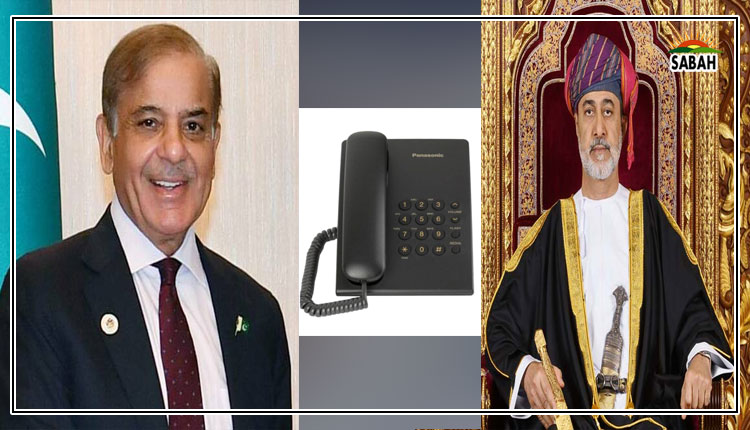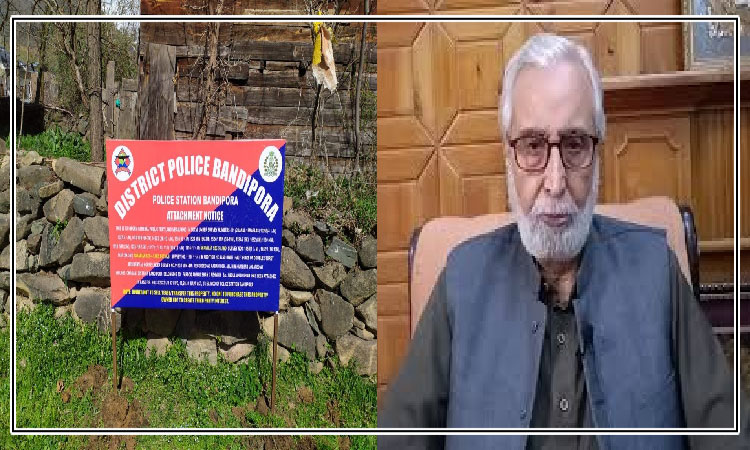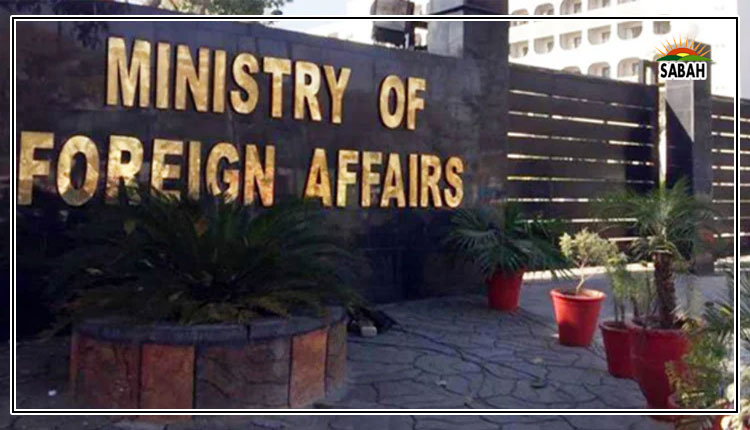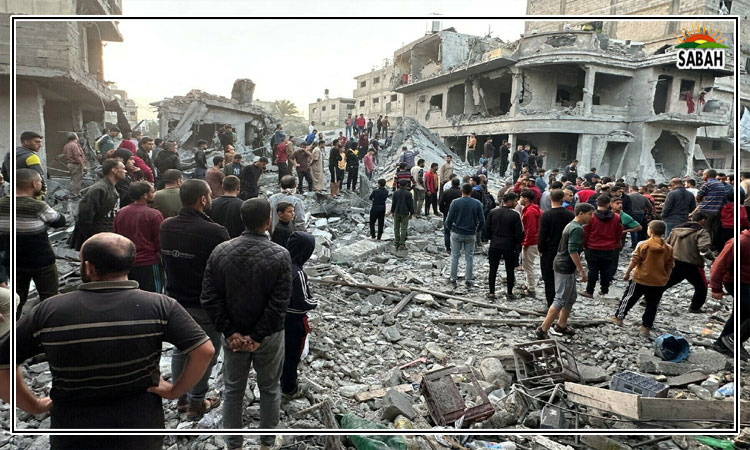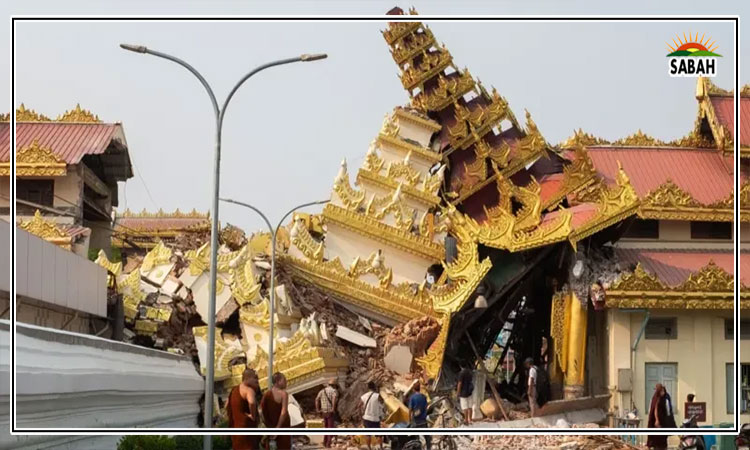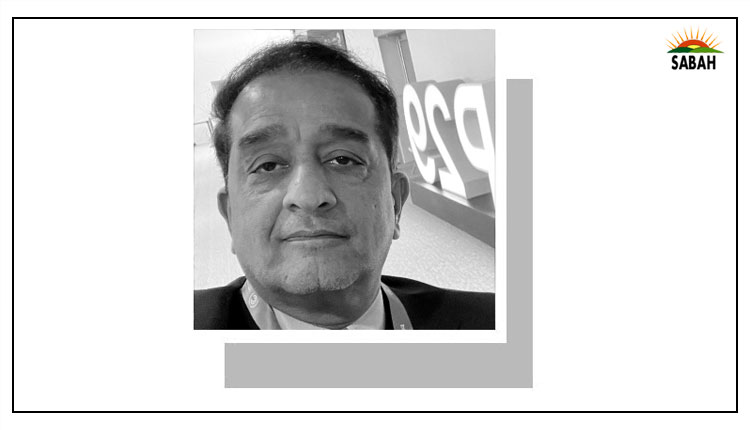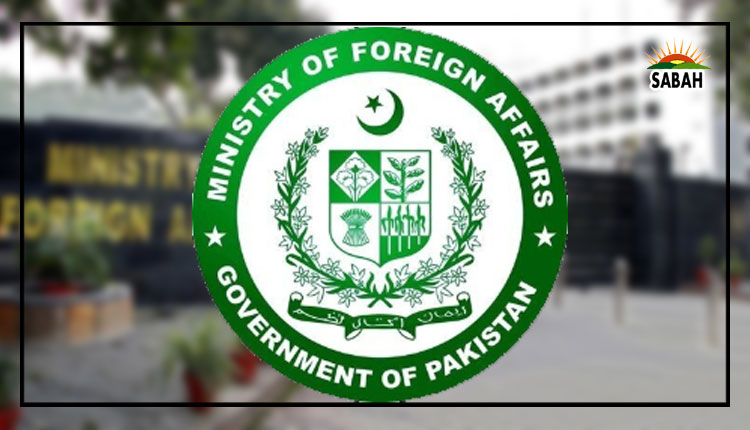Kucha Dakoo vs Pucka Police…. Naeem Sadiq
Only from 1984 to 1994, an estimated 11,436 people were kidnapped for ransom, more than 1,337 killed, and ransom to the tune of Rs2 billion doled out, reports Imdad Hussain Sahito in his 2005 book Decade of the Dacoits. Cautiously extrapolating this data over next 3 decades, till we arrive at 2023, the grand total comes to approximately 30,000 kidnapped, 3000 killed and about Rs6 billion paid as ransom. The profits of Dakoo Inc. far exceed that of our leading corporation PIA who received a bailout grant of Rs15.6 billion only a few days back.
Almost every year, for the last three decades, the Police in Punjab and Sindh have launched an anti-dakoo operation. Bold headings splashed on first pages of newspapers read A decisive operation clean-up planned, Police reinforcement sent, 96 police pickets constructed along the 46 kilometers of River Indus that touches the Kucha area and Police being equipped with advanced weapons; Rs2 billion approved. It may be only fair and rational to conclude that the current (March-April 2023) Sindh, Punjab, Balochistan joint police operations are not likely to be any different. Let me state seven specific reasons why the dice is loaded in favour of dakoos and they will continue to do what they always did.
First, that the dakoos do not report to, take advice or be dictated by a Chief Minister. Second, that the Chief Dakoo is appointed for life, but the Chief Police may or may not be there after seven days. Third, that the dakoos are equipped with sophisticated weaponry like rocket launchers, hand grenades and anti-aircraft guns that can destroy vehicles and kill policemen inside their APCs. Fourth, that the dakoos have strong political patronage. A May 2021 report by a former SSP Shikarpur Dr Rizwan Ahmed stated, A nexus between certain Sindh cabinet members and notorious criminals of the area is leading to a complete breakdown in law and order. The officer was transferred. Fifth, the dakoos follow a scientific process approach, while the police follows a Hafta-e-Traffic approach. Consider how this approach of checking vehicles for fake number plates in the last two decades has only worsened the problem. Sixth, that the dakoos are considerably better trained and skilled at what they do. Their lives depend upon their skills. For police, it is a special project, for which their training is hugely inadequate. Seventh, the dakoos deploy a kucha, make-shift and keep-shifting strategy, while the police operate from pucka (formal), easily identifiable and vulnerable structures, stations and pickets.
Consider for a moment, how much bigger gangs of thugs (1830s and 1840s) engaged in highway robbery, dacoity, murder and mutilation on a much larger scale and spread in most parts of India were eliminated by a single individual Col WH Sleeman. Police could learn the techniques he used from books like That Solitary Englishman or The Divine Stranglers A Story of Thugs and Thuggee. Needless to say that the British had the good sense of creating a special law, The Thuggee and Dacoity Suppression Acts, 1836, to enable extraordinary measures for an extraordinary situation. The law was possible because the British rulers/lawmakers were neither protecting nor patronising the thugs.
The dakoos of kucha, no longer limited to the riverine areas of Sindh and Punjab, are thinly spread in numerous urban areas of many cities of the country. There are over 500 small militant gangs which adorn the gates of influential politicians and officials in posh areas of Karachi alone. They can be seen sitting in front of large homes or behind large vehicles that carry fraudulent or no number plates. A police that does not have the capacity to apprehend highly visible urban dakoos would have little chance of accomplishing major feats in the kuchas of Kandhkot and Kashmore. Pakistan needs to understand that only a pro-active, across-the-board and absolute deweaponisation campaign can eliminate terrorism and dakoos in Pakistan. It is not the dakoos, but the rich, powerful and feudal elite whose members operate private armies of their own, who are the biggest hurdle in the path of peace and deweaponisation of Pakistan.
Courtesy The Express Tribune, April 25th, 2023.


